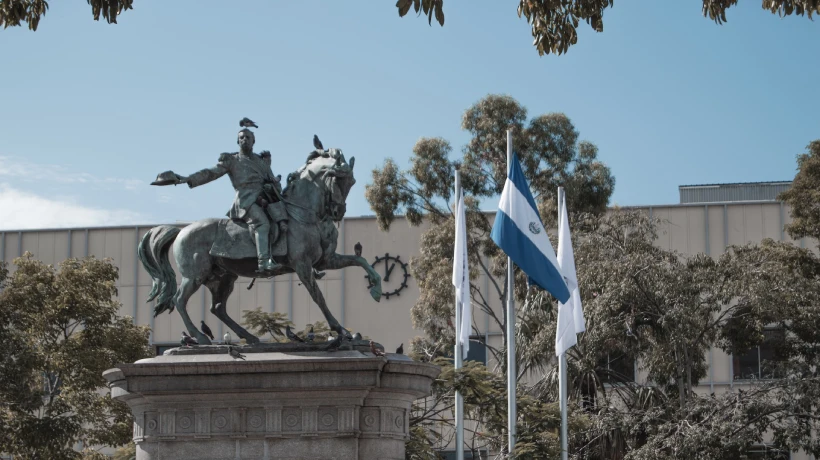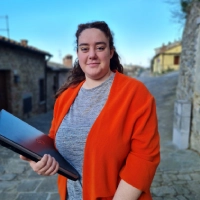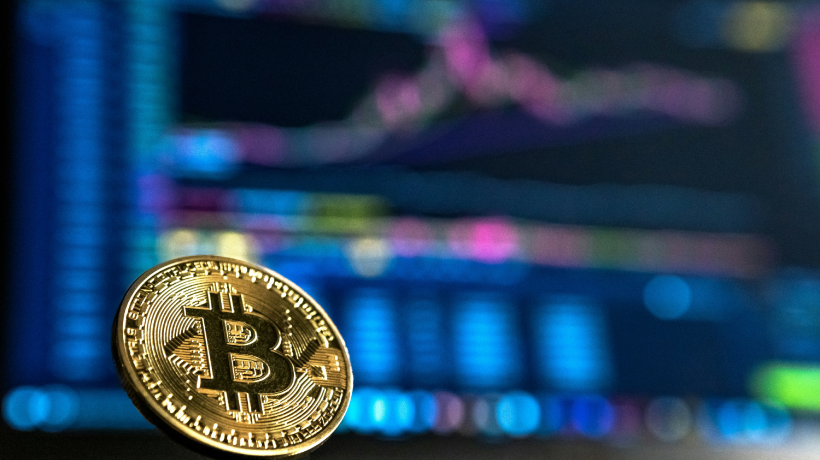
El Salvador, a small nation in Central America, made history by becoming the first country in the world to adopt a cryptocurrency as legal tender. On September 7, 2021, the Legislative Assembly of El Salvador approved the "Bitcoin Law," which made Bitcoin (BTC) an accepted medium of payment at all economic levels. And now launched a project aimed at training teachers on the topic Bitcoin
He sees cryptocurrencies as an opportunity to promote financial inclusion and stimulate economic growth. For decades, El Salvador has faced challenges of limited financial inclusion, with a significant portion of the population excluded from traditional banking services. The adoption of Bitcoin as legal tender aims to improve access to financial services and promote technological innovation in the country.
However, this decision has not been without controversy. Many cryptocurrency experts and economists have raised concerns about the volatility of Bitcoin and the potential risks to El Salvador's financial stability. Following the announcement of Bitcoin's adoption as legal tender, the value of BTC plummeted, causing uncertainty among the Salvadoran population.
Despite the concerns, the government of El Salvador has taken measures to mitigate the negative effects of cryptocurrency volatility. They have created the "Chivo Wallet," a mobile application that enables citizens to transact in Bitcoin and automatically convert cryptocurrencies into US dollars. Additionally, the government has established a $150 million fund to provide insurance coverage for businesses that accept Bitcoin as a form of payment.
Furthermore, on January 11, 2023, with 62 votes in favor and 16 against, El Salvador approved the "Volcano Bond," a law that provides the legal framework for the issuance of a bond backed by Bitcoin. According to crypto exchange Bitfinex, the purpose of the bond is to help the country:
The name of the bond is derived from the location where Bitcoin City will be built near the Conchagua volcano, which will harness geothermal energy to power the crypto-mining hub. The law not only pertains to Bitcoin but also applies to other digital assets. Additionally, it includes regulations on bonds and reforms related to security and protection against scams.
Following the January law, the Latin American country took a further step forward by appointing Dr. Saifedean Ammous, author of the book "The Bitcoin Standard," as an economic advisor to the National Bitcoin Office of El Salvador. The Austrian economist joined the team as a consultant on economic policy matters.
The adoption of Bitcoin as legal tender has also led to increased interest in cryptocurrencies worldwide. Some countries have begun considering the idea of adopting similar cryptocurrencies, while crypto businesses are exploring investment and expansion opportunities in the Salvadoran market.
Despite initial challenges and uncertainties, El Salvador remains committed to promoting the use of cryptocurrencies as a tool for financial inclusion and economic growth. And not only has it inspired other countries, it has also convinced many companies to invest in their country’s cryptocurrency.
The recent challenges posed by high fees on blockchain transactions, in fact, have not stopped Bitcoin Fold, a bitcoin rewards company, to open an office in El Salvador. This expansion marks the recognition of the region’s potential within cryptocurrencies.
Not content with the already numerous advances made to tie the country to the crypto economy, on the second anniversary of the so-called Bitcoin Law the Ministry of Education of El Salvador announced that it has launched a pilot program "which could bring Bitcoin education to every school in the country in 2024."
The program launched with the support of the projects "My First Bitcoin" (Mi Primer Bitcoin) and "Bitcoin Beach", plans to train 150 public school teachers on the topic Bitcoin. These teachers will return to their schools across the country to pass on the knowledge to the students.

Viola Meacci, student of Biomedical Engineering at the University of Pisa, has always been interested in the world of journalism. In her job, she explored the world of blockchain, cryptocurrencies, NFT and metaverse which she now very is passionate about it .





